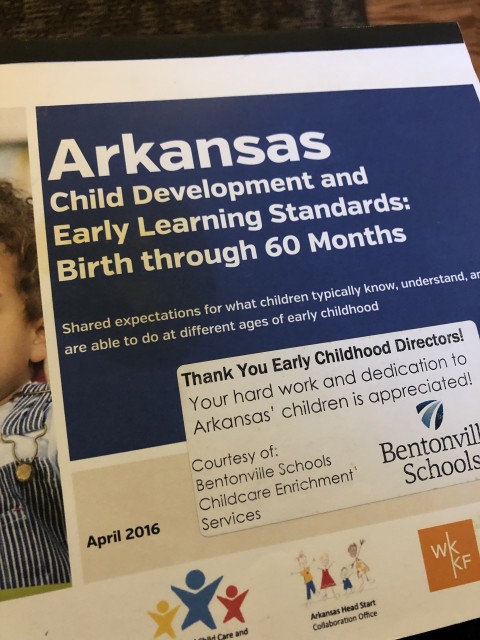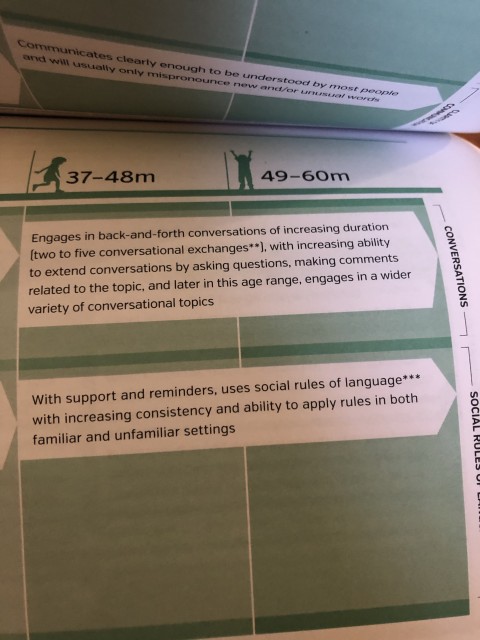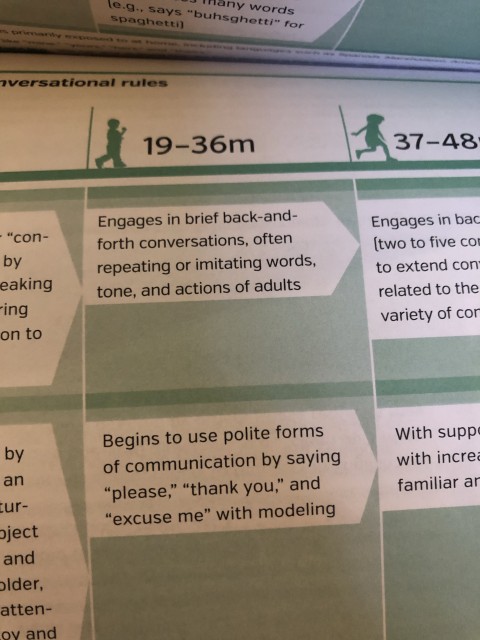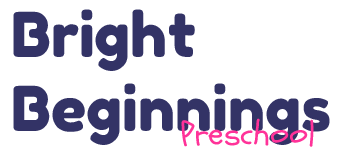Manners
Manners
Are manners for preschoolers something we should expect? Is it developmentally appropriate to expect a child to speak when they come in a room or say thank you? This is the blog that I have been rolling around in my head for a couple weeks now. I know many of the answers to the questions I pose. I do believe that manners can and should be taught to preschoolers in appropriate ways. Holly and I have modeled manners all year. I think it’s time to step up our game a little and do some coaching in that area. I need your help.
Saying thank you is a simple gesture but an important one. When children hear us say thank you ( for hurrying when we ask 😳 , for taking a finished plate to the kitchen ) it becomes part of their language. To coach something you prompt them and ” teach” during that moment. Ex. You put on your child’s shoe. You say “Are you glad I did that ? Say thank you .” And wait … for them to say thank you. Don’t just dismiss the conversation and walk away until you’ve completed the coaching. We really don’t want to raise a generation of children that are entitled… do we ? When they respond appropriately you say ” you did it. You said thank you. You’re welcome .”
This is a big one – when someone speaks to you do you smile, nod or say hello back ? Do we want to raise kind or socially backward / rude children ? Our children should be coached / taught to do that as well. I don’t believe in making a child hug or kiss a friend or relative but saying hello or nodding or waving is safe and easy. It takes little to no effort and makes such a huge difference. I model this in the morning but the coaching for this has to start at home and in the car. While driving to school talk about how it makes people feel when we use manners or say hello. As you come to the door prompt your child to say ” Hi , hello , good morning ” or at the very least nod or wave to acknowledge the greeting. They can also use our conscious discipline greetings – fist bump , High five etc …
I have researched this and I have asked friends that are early educators. I’m going to be introducing books and games that support our intentional effort to help children give appropriate greetings. Can you help me at home? This is not just at school this is any place that they encounter other people. There are opportunities to practice everywhere.

Arkansas early learning standards also say that children this age will engage in brief back-and-forth conversations often repeating and imitating words tone and actions from adults. They also begin to use plain forms of communication by saying please, thank you, and excuse me with modeling. That is in the 19 to 36 month age range meaning when they all started preschool last fall that was a skill that was developing. In the 37 to 60 month range says that with support and reminders children use social rules of language with increasing consistency and ability to apply rules of conversation in both familiar and unfamiliar settings.
 Under the social and emotional development strands we can see that children begin to show increasing understanding and demonstration of social skills such as turn taking, initiative in joining in and solving conflict with adult guidance.
Under the social and emotional development strands we can see that children begin to show increasing understanding and demonstration of social skills such as turn taking, initiative in joining in and solving conflict with adult guidance.

I think I would be doing a disservice if I coach them on how to react in situations and I completely neglect the proactive methods of getting along in a community .  
So , who’s in with helping me grow prosocial little people that can interact appropriately in life?
To break it down :
Tonight – talk to
Your child about manners and greeting.
Tomorrow morning when you get in the car – say – do you remember what you say when someone says hello or good morning ?
As you get to the door – remember – when Ms Debbie or Holly says good morning you need to say good morning or wave ( or whatever your child feels comfortable doing in form of a greeting .)
When they walk in and we say good morning prompt them appropriately and expect it. If they don’t respond – repeat yourself
When they respond you simply say ” you did it .”
We can do this when we work as a team. If you want to talk kindergarten readiness we can start here. No matter what you know if you can’t or choose not to communicate appropriately you are not ready.
